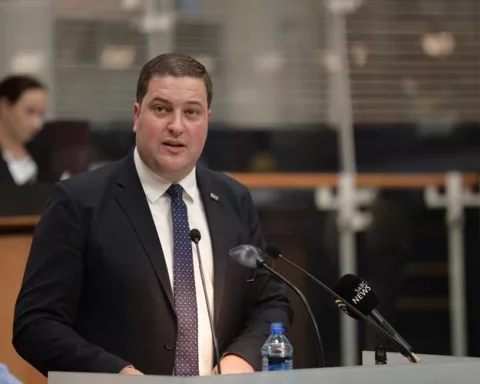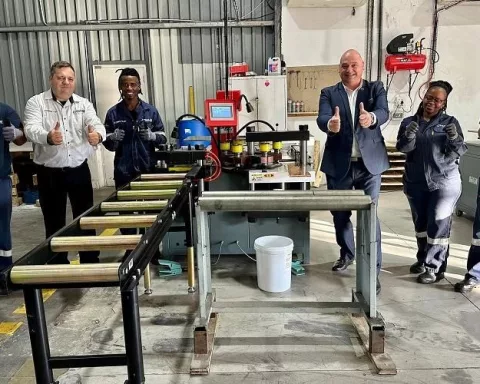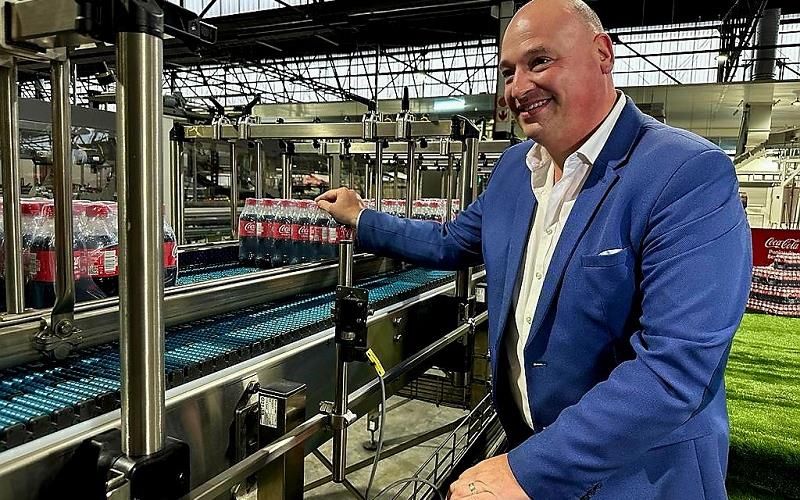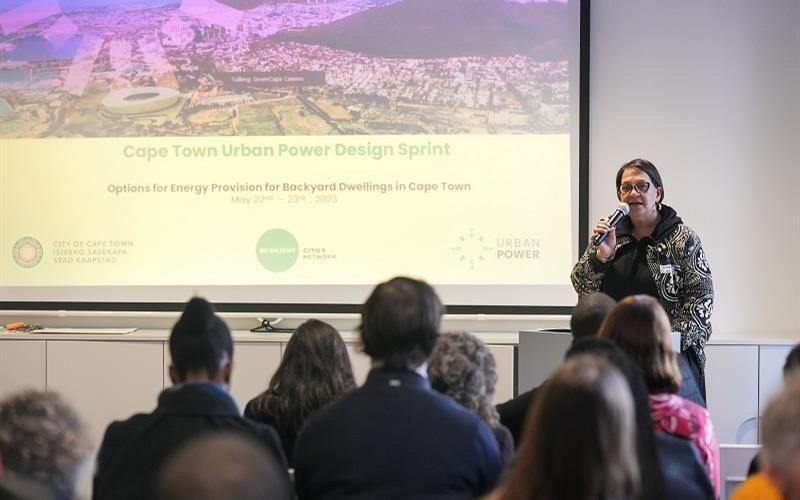Funding Allocated for Infrastructure, Property Management and Facilities
The South African Department of Public Works and Infrastructure is contributing to the country’s economic recovery and job creation. For the 2023/24 financial year, the department has been allocated R8.782 billion, with R4.5 billion earmarked for infrastructure, property management, facilities, and asset management.
Infrastructure Projects Driving Economic Growth
The department’s primary mandate is to oversee the implementation of infrastructure projects that stimulate economic growth. The department is embarking on a range of projects in energy, water and sanitation, transport, and digital communications infrastructure. The Infrastructure Investment Plan and the enhancement of the Infrastructure Fund are driving the projects.
Key Initiatives in the Infrastructure Projects
The Green Hydrogen Projects, valued at over R300 billion, and the Integrated, Renewable and Resource Efficiency Programme, the largest procurement program for renewable energy and resource efficiency on the African continent, are some of the critical initiatives in the infrastructure projects.
Prioritizing Infrastructure Maintenance
The department is prioritizing infrastructure maintenance to ensure that budget allocations are spent on their intended purposes. The Expanded Public Works Programme will play a crucial role in supporting maintenance and clean environment initiatives in the coming months.
Land Reform Programme
The department is involved in the Land Reform Programme, which aims to return land to its rightful owners and provide restitution to those whose land was forcibly taken away by the apartheid regime. The department has already released land to assist flood victims in KwaZulu-Natal and land claims for restitution in Mpumalanga and the North West.
Expanded Public Works Programme Creating Job Opportunities and Providing Training
The Expanded Public Works Programme has created over a million job opportunities. The department is intensifying its efforts to make the intervention more impactful by providing participants with training in various sectors.
Department of Public Works and Infrastructure Repositioning Itself
Overall, the Department of Public Works and Infrastructure is repositioning itself as a key player in South Africa’s economic recovery and reconstruction program. The department aims to leave a lasting impact on the nation’s infrastructure by ensuring that infrastructure projects are delivered on time, within budget, and of high quality. This will pave the way for a brighter future for all citizens.












